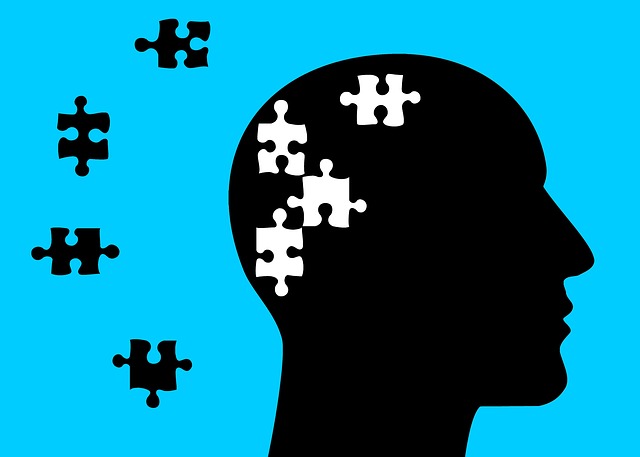Neurotransmitter imbalances can cause an incredibly wide range of health issues. The reason is clear: neurotransmitters are chemical messengers that relay information between the brain and the rest of the body; if neurotransmitter imbalances are present, improper information gets sent. In essence, the wiring of the body gets fouled up and this can have a very wide range of effects.
Many of these effects are “diagnosed” as a certain disorder or disease, such as depression, anxiety, insomnia, trichotillomania, obsessive-compulsive disorder, fibromyalgia, ADD/ADHD, migraines, Parkinson’s disease, restless leg syndrome or addiction. Others are experienced as periodic or chronic ailments, including brain fog, poor concentration, poor memory, chronic pain, food cravings (especially for carbohydrates/sweets), binging behavior, PMS, issues with body temperature (i.e., being too hot or too cold or having temperature fluctuations) or sleep difficulties. (Click here for a complete list of disorders and diseases associated with neurotransmitter imbalances.)
Some people present with only one sign of neurotransmitter imbalance, such as migraines or ADHD. However, the vast majority of people we see present with two or more indications of neurotransmitter imbalance, such as depression with anxiety and insomnia; trichotillomania with anxiety and/or obsessive thoughts or compulsive behavior; sleep difficulties with poor memory, anxiety and cravings. Most of the time, they don’t make the connection better the root cause (i.e., neurotransmitter imbalance) and their wide range of symptoms.
Unfortunately, most conventionally trained medical providers also fail to make this connection, which usually leads to a wide array of prescription medications being recommended. Interestingly, most of these medications attempt to alter neurotransmitter function in some way. However, no medication can correct an underlying neurotransmitter imbalance over the long term because they do not provide the building blocks needed to restore proper neurotransmitter levels and function. To do this requires a targeted approach using amino acid therapy under the guidance of trained health care provider.
With proper guidance, neurotransmitter imbalances can be overcome using amino acid therapy. This results in a substantial reduction, or more often a complete elimination of symptoms related to those neurotransmitter imbalances.



Have insomnia 8mo, anxiety foggy, don’t feel like me, never feel pleasure, etc
Do not want to take antidepressants, need help!! MTHFR C677T (one parent) Have been trying to heal myself, supplements, eating right. To no avail
Hi Linda – thanks for the comment/post; please contact us so I can learn more about your history so we can see if we can help: http://naturalpathhealthcenter.com/contact-us/
I look forward to speaking –
Sincerely,
Dr Chad